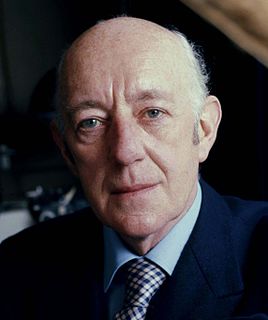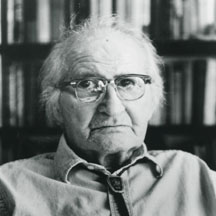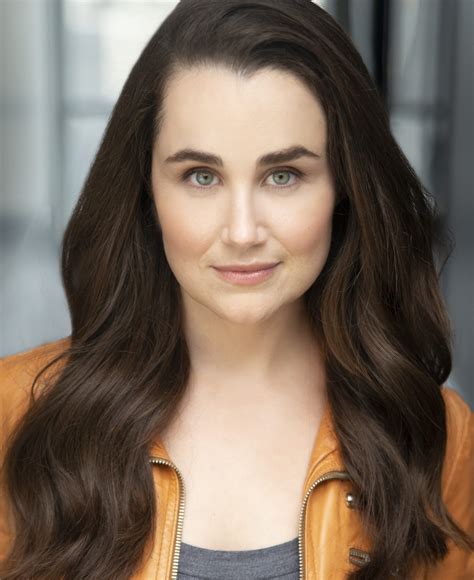A Quote by Sarah Weinman
A few hours after the news broke about the death of crime writer Donald E. Westlake, a newspaper asked me to write a tribute. In short order I did so, calling attention to his decades-long career, both under his own name and that of his primary alter ego, Richard Stark, who introduced the unsentimental antihero-heister Parker to the literary canon.
Related Quotes
I wouldn't care to speculate about what it is in Westlake's psyche that makes him so good at writing about Parker, much less what it is that makes me like the Parker novels so much. Suffice it to say that Stark/Westlake is the cleanest of all noir novelists, a styleless stylist who gets to the point with stupendous economy, hustling you down the path of plot so briskly that you have to read his books a second time to appreciate the elegance and sober wit with which they are written.
There must be an alternative between Hollywood and New York, between those two places psychically as well as geographically. The University of Iowa tries to offer such a community, congenial to the young writer, with his uneasiness about writing as an honorable career, or with his excess of ego about calling himself a writer.
Frank W. Woolworth once told me that the turning-point in his career did not come until he was thrown flat on his back by illness. He was sure that his business would go to pieces during his long, enforced absence. Instead, he discovered that he had in his employ men who could overcome difficulties when given power to exercise initiative. After that Woolworth left many problems and difficulties to be solved by subordinates and turned his attention to big things.
And she did not miss his presence so much as his voice on the phone. Even being lied to constantly, though hardly like love, was sustained attention; he must care about her to fabricate so elaborately and over such a long stretch of time. His deceit was a form of tribute to the importance of their marriage.
To live his life in his own way, to call his house his castle, to enjoy the fruits of his own labour, to educate his children as his conscience directs, to save for their prosperity after his death -- these are wishes deeply ingrained in civilised man. Their realization is almost as necessary to our virtues as to our happiness. From their total frustration disastrous results both moral and psychological might follow.
The first day of the shoot, I had been in my trailer and came out dressed as Peter Parker in his slightly daggy corduroy jacket with his camera around his neck. Almost instantly, 500 or more people just stopped and started to watch us. They were calling out my name, calling out, 'Peter' or 'Spidey'.
To pray is to pay attention to something or someone other than oneself. Whenever a man so concentrates his attention - on a landscape, a poem, a geometrical problem, an idol, or the True God - that he completely forgets his own ego and desires, he is praying. The primary task of the schoolteacher is to teach children, in a secular context, the technique of prayer.
Detach the writer from the milieu where he has experienced his greatest sense of belonging, and you have created a discontinuity within his personality, a short circuit in his identity. The result is his originality, his creativity comes to an end. He becomes the one-book novelist or the one-trilogy writer.
His face set in grim determination, Richard slogged ahead, his fingers reaching up to touch the tooth under his shirt. Loneliness, deeper than he had never known, sagged his shoulders. All his friends were lost to him. He knew now that his life was not his own. It belonged to his duty, to his task. He was the Seeker. Nothing more. Nothing less. Not his own man, but a pawn to be used by others. A tool, same as his sword, to help others, that they might have the life he had only glimpsed for a twinkling. He was no different from the dark things in the boundary. A bringer of death.
I declare that President Trump will overcome every strategy from hell and every strategy from the enemy, and he will fulfill his calling and his destiny. I secure his calling, I secure his purpose, I secure his family, and we secure victory in the name which is above every name - the name of Jesus Christ.
































